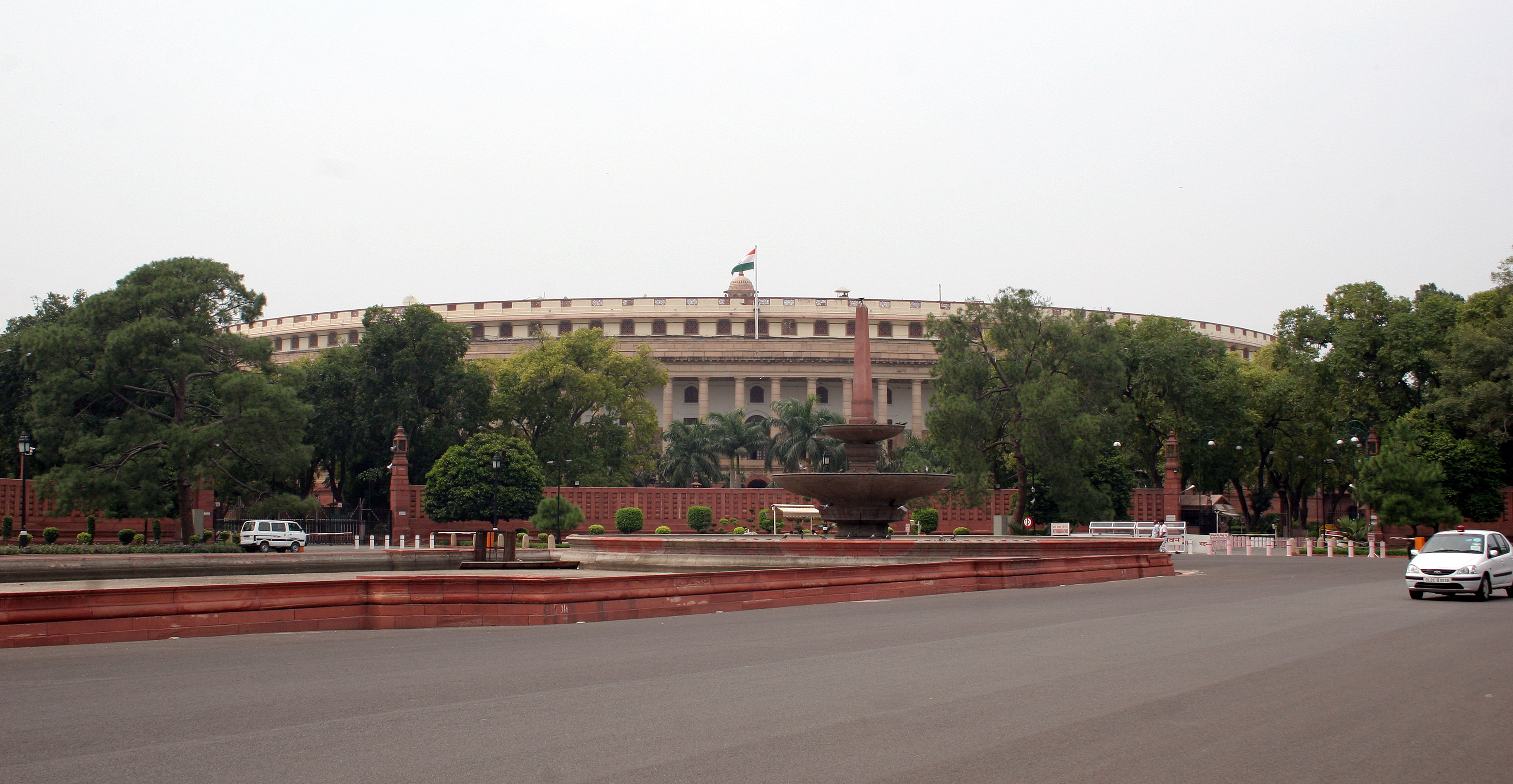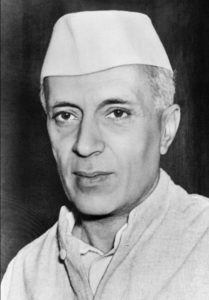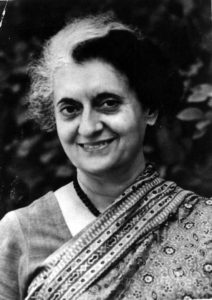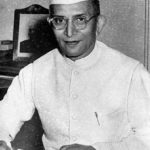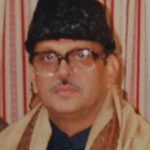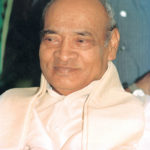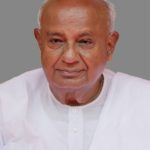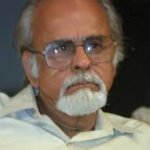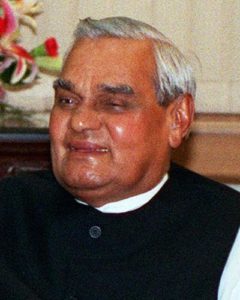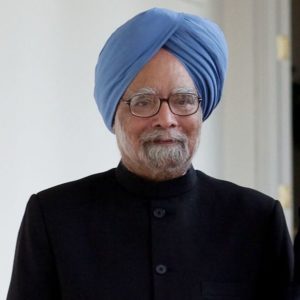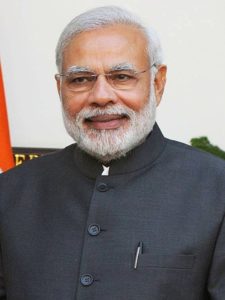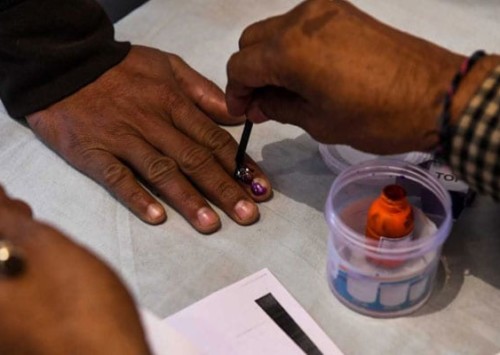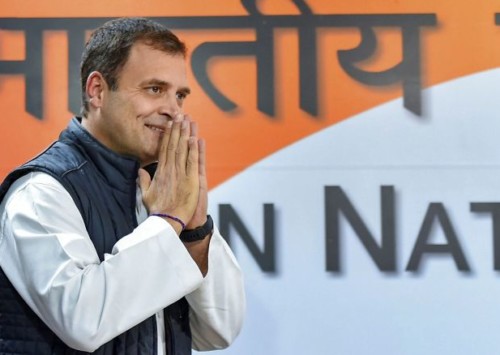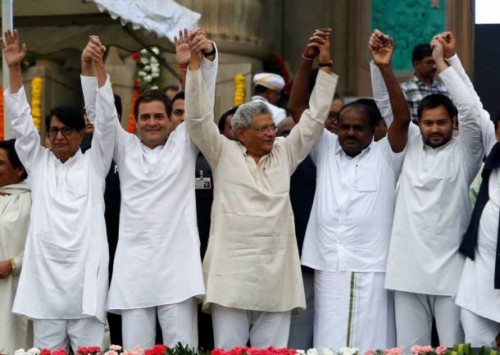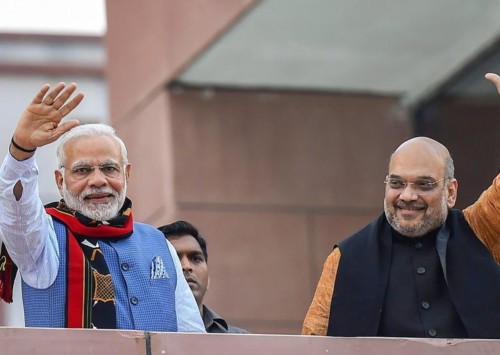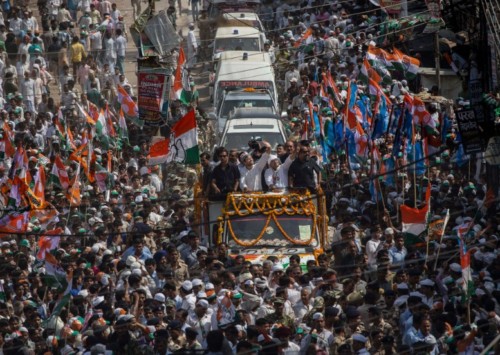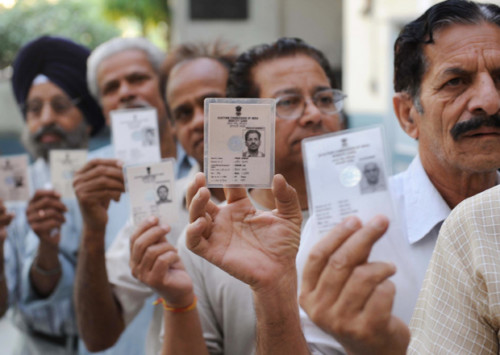The march of Indian democracy
India has conducted its electoral democracy successfully over the last seven decades. As India has entered its 17th general elections, here’s a list of the Indian prime ministers who have served the country in the past.
1st General Election
Date: Oct 23, 1951- Feb 21, 1952
Significance:The first election that the country saw was held in the background of India gaining freedom in 1947. The total number of eligible voters were about 173 million. The Indian National Congress (INC) won 364 out of 489 seats.
Prime Minister: Pandit Jawaharlal Nehru
2nd General Election
Date: Feb 23 – Mar 14, 1957
Significance: The Indian National Congress (INC) won 371 seats out of 494 seats. There was no leader in the Opposition.
Prime Minister: Pandit Jawaharlal Nehru
3rd General Election
Date: Feb 19-25, 1962
Significance: The Indian National Congress (INC) won 361 seats out of the 494 seats. In 1964 after Nehru’s death, Lal Bahadur Shastri took over as PM. After Shastri died in a mysterious way, Gulzarilal Nanda was sworn in as PM.
Prime Minister: Pandit Jawaharlal Nehru
4th General Election
Date: Feb 17-21, 1967
Significance: The Congress came to power for the fourth successive time. C Rajagopala Chari’s Swatantra Party won 44 seats and emerged as the single largest opposition party.
Prime Minister: Indira Gandhi
5th General Election
Date: Mar 1-10, 1971
Significance: Indira Gandhi breaks away from Congress and the section led by her wins the election with 352 out of 518 seats while the section led by Moraji Desai gets 16 seats. In 1975 Gandhi imposed national emergency.
Prime Minister: Indira Gandhi
6th General Election
Date: Mar 16-20, 1977
Significance: Held in the background of national emergency the polls led to the first non-Congress government
Prime Minister: Morarji Desai
7th General Election
Date: Jan 3 and 6, 1980
Significance: After the Janata Party government failed to make a mark, Gandhi again came to power and won 353 out of 529 seats. Soon after her assassination by her Sikh bodyguards Indira is succeeded by her son Rajiv Gandhi as PM. The BJP won two seats.
Prime Minister: Indira Gandhi
8th General Election
Date: Dec 24, 27, 28 1984
Significance: Congress wins the election under sympathy wave.
Prime Minister: Rajiv Gandhi
9th General Election
Date: Nov 22 and 26, 1989
Significance: Bofors scandal whitewashed the Congress to mere 193 seats with Janata Dal winning 143 seats that formed the National Front Government with BJP support and made impressive gains with 85 seats. His rival in the Janata Dal, Chandra Shekhar broke away in 1990 and formed the Samajwadi Janata Party. As a result, VP Singh had to step down. Chandra Shekhar then became the Prime Minister in 1990 with the external support of Congress. Even this experiment lasted only for a short while forcing general elections in just two years.
Prime Minister: Vishwanath Pratap Singh
10th General Election
Date: May 20, June 12-15, 1991
Significance: Elections were fought on Ram Janmabhoomi and implementation of Mandal Reservation. The electorate was polarized on caste and religious lines. No party could get a majority. Congress emerged as the single largest party with 232 seats while the BJP won 120 seats out of 521 seats. P V Narasimha Rao headed a minority government and was the first person from South India to occupy the Prime Minister’s chair. He is credited with ushering in economic reforms.
Prime Minister: P V Narasimha Rao
11th General Election
Date: April 27, May 2 and 7, 1996
Significance: The BJP won 161 seats, Congress 140 and the Janata Dal 46. The rise of regional parties started with this election. Other regional parties that won 129 seats were TDP, Shivsena & the DMK. BJP attempted to build a coalition. But Atal Bihari Vajpayee had to resign as the PM in 13 days. The Congress Party declined to form the government but chose to extend outside support to Janata Dal and other smaller parties that formed into the ‘United Front’. H D Deve Gowda, Karnataka chief minister became the Prime Minister and he lasted for 18 months before he had to step down and make way for Inder Kumar Gujral. He also could not last long following differences within the Janata Dal.
Prime Minister: Atal Bihari Vajpayee, Hardanahalli Deve Gowda, Inder Kumar Gujaral
12th General Election
Date: Feb 6, 22 and 28, 1998
Significance: The BJP emerged as the single largest party with 182 seats out of 543. Congress won 141 and the other regional parties won 101 seats. The BJP formed the National Democratic Alliance (NDA) with other regional parties. After the AIADMK withdrew support, the BJP could not last long and he had to resign after 13 months in office. The NDA lost by just one vote when Dr Giridhar Gamang, the then chief minister of Odisha and also a MP, voted against the NDA.
Prime Minister: Atal Behari Vajpayee
13th General Election
Date: Sep 5, 11, 18, 25 and Oct 3, 1999
Significance: BJP emerged as the single largest party with 182 seats with the nuclear tests at Pokhran, the Kargil war with Pakistan under the Vajpayee government. Congress could win only 114. This time the regional parties won 158 seats.
Prime Minister: Atal Behari Vajpayee
14th General Election
Date: April 20, 26 and May 5, 9, 2004
Significance: BJP failed to win the elections with its India Shining campaign and could only win 138 seats while the Congress improved its tally to 145. The regional parties again ruled the roost with 159 seats.
Prime Minister: Dr Manmohan Singh
15th General Election
Date: April 16, 23, 30 and May 7, 13 2009
Significance: Congress rides back to power with the welfare schemes such as Mahatma Gandhi National Rural Employment Guarantee Scheme (MNREGA)
Prime Minister: Dr Manmohan Singh
16th General Election
Date: April 7 to May 12, 2014
Significance: Congress fails to impress the voters and is reduced to mere 44 seats. Scam hit and policy paralysis of Dr Manmohan Singh was unseated.
Prime Minister: Narendra Damodardas Modi
17th General Election
Date: April 11 to May 19 (Results to be announced on May 23)
Significance: The battle for power is focused on issues like demonetisation and dynasticism. The question is whose policies will impress the public this time?
Prime Minister: Who will be India’s next PM?

